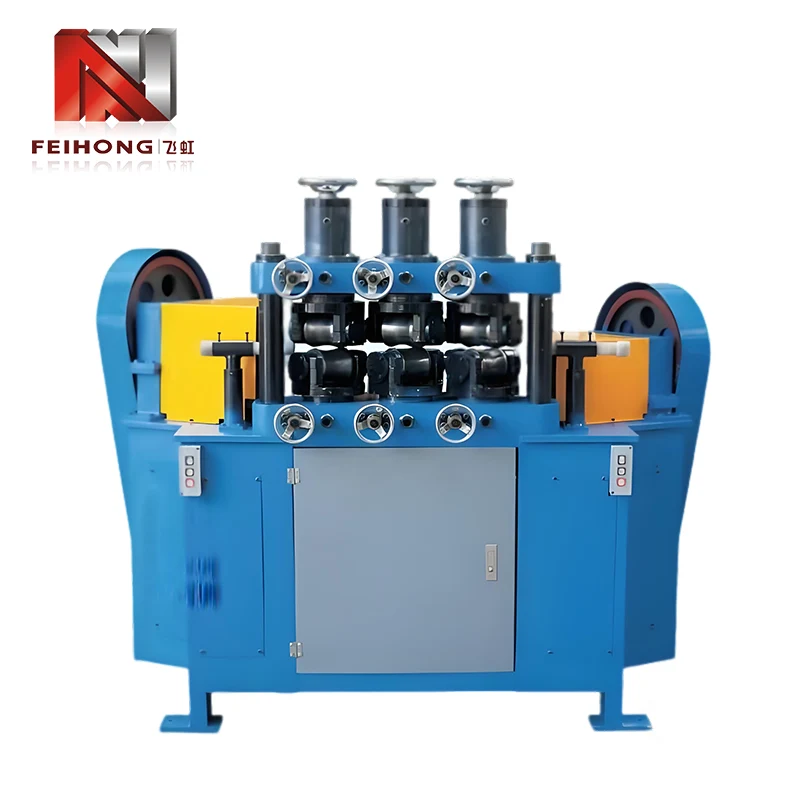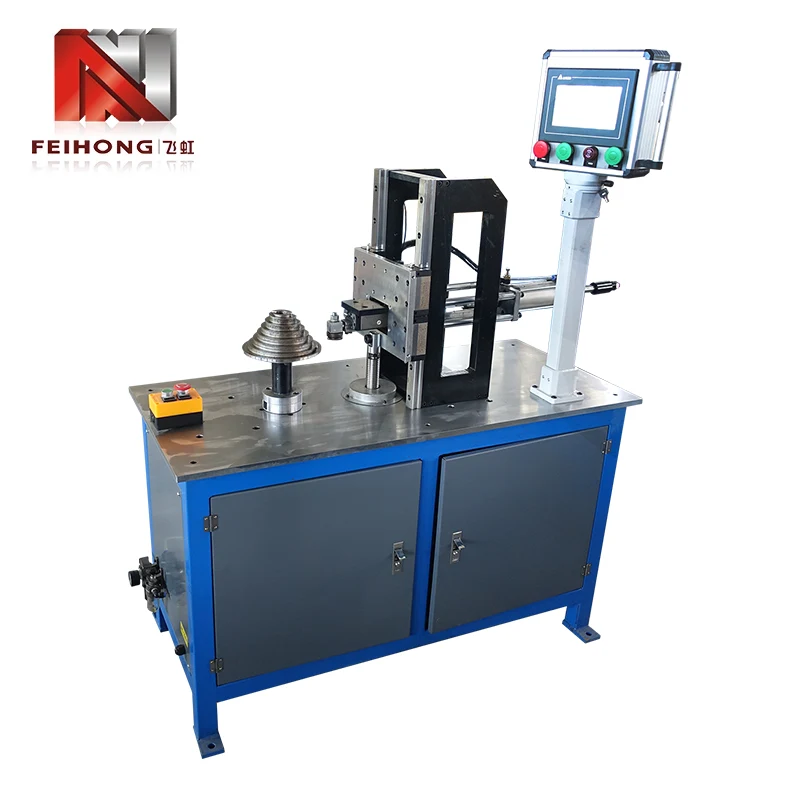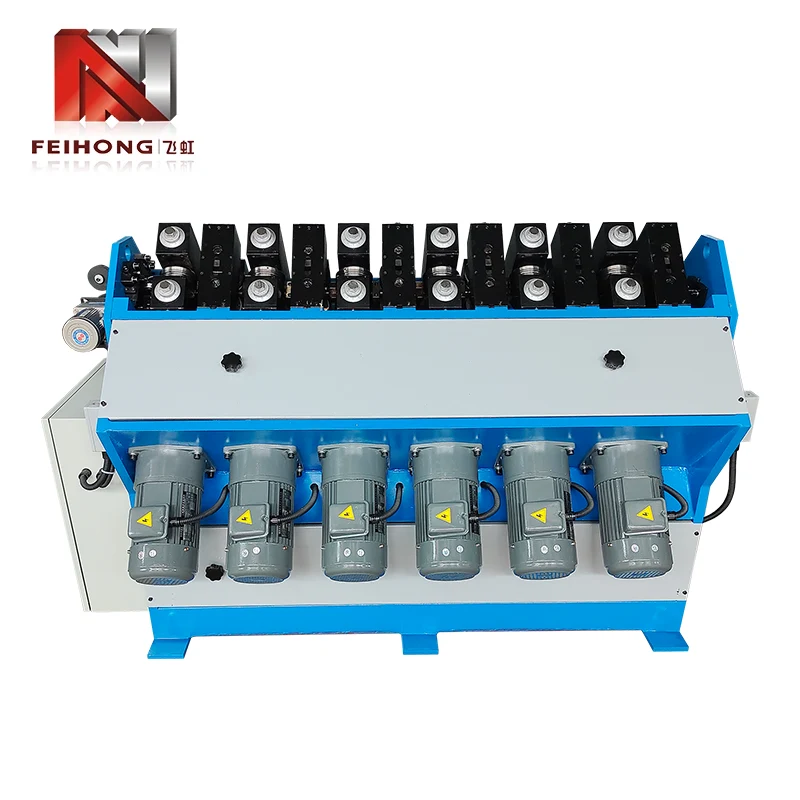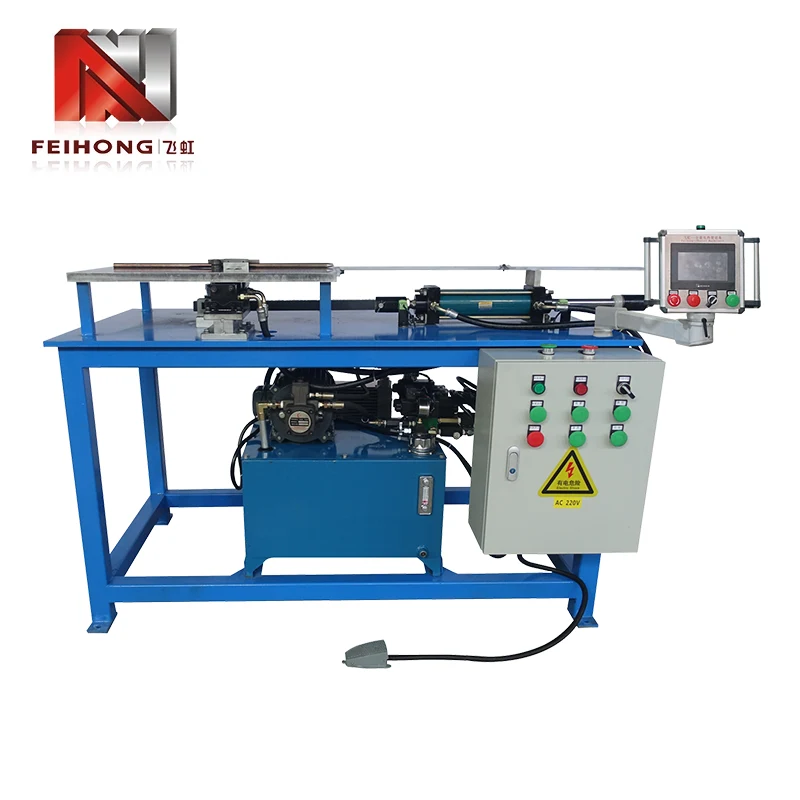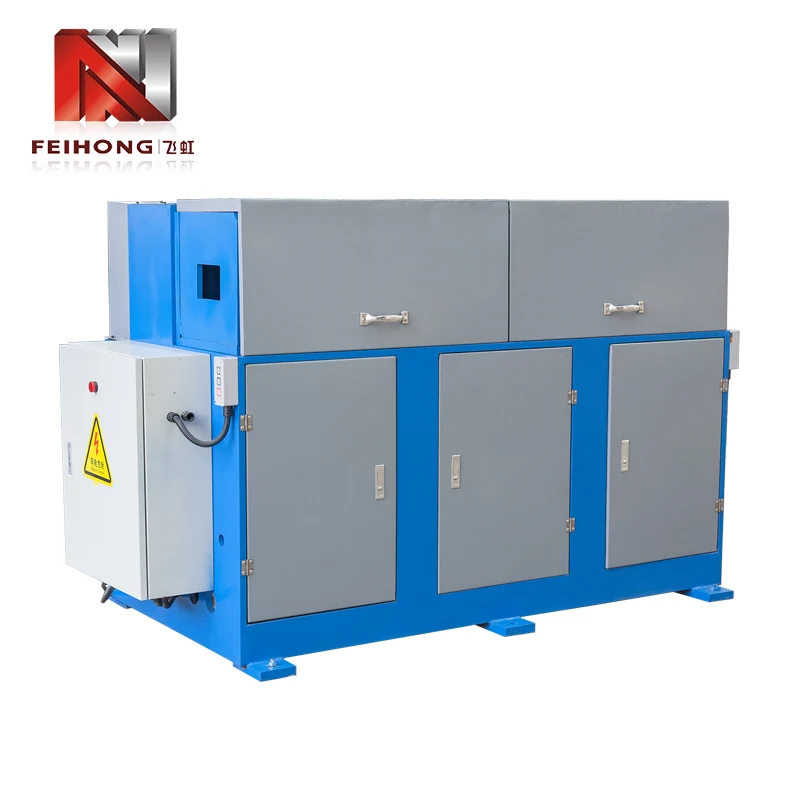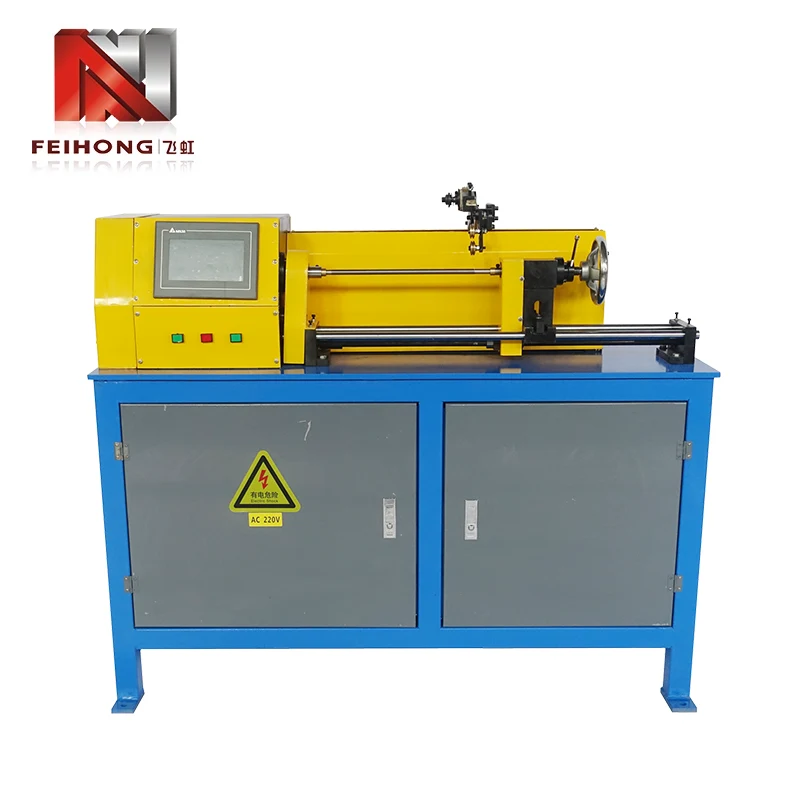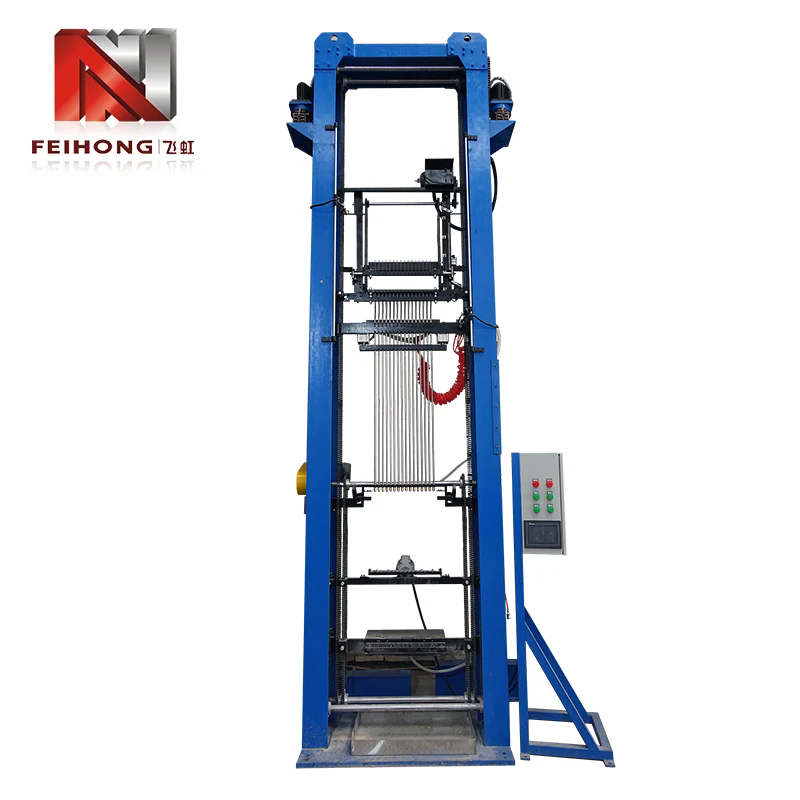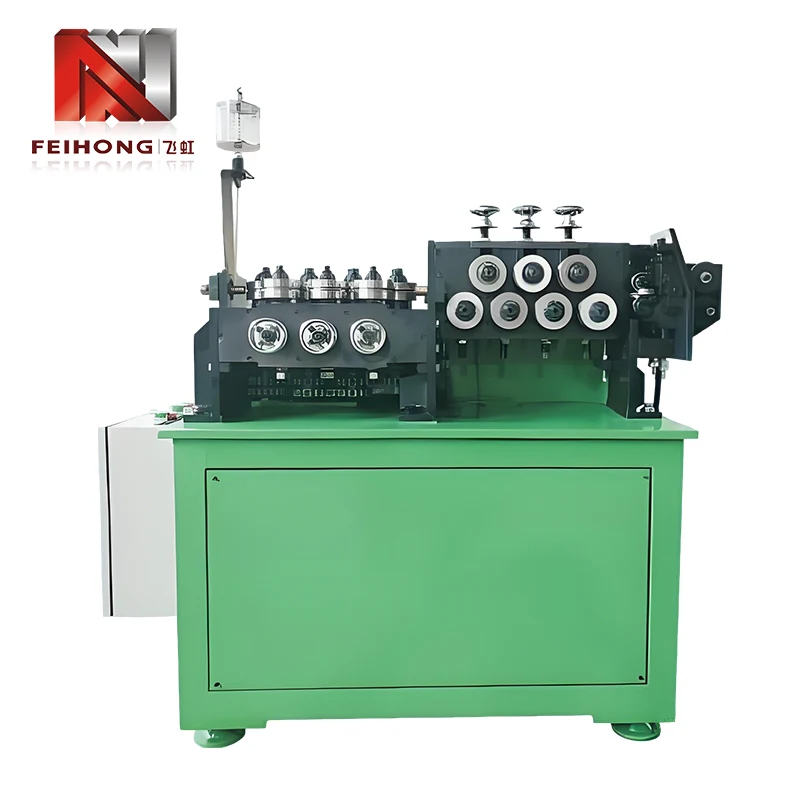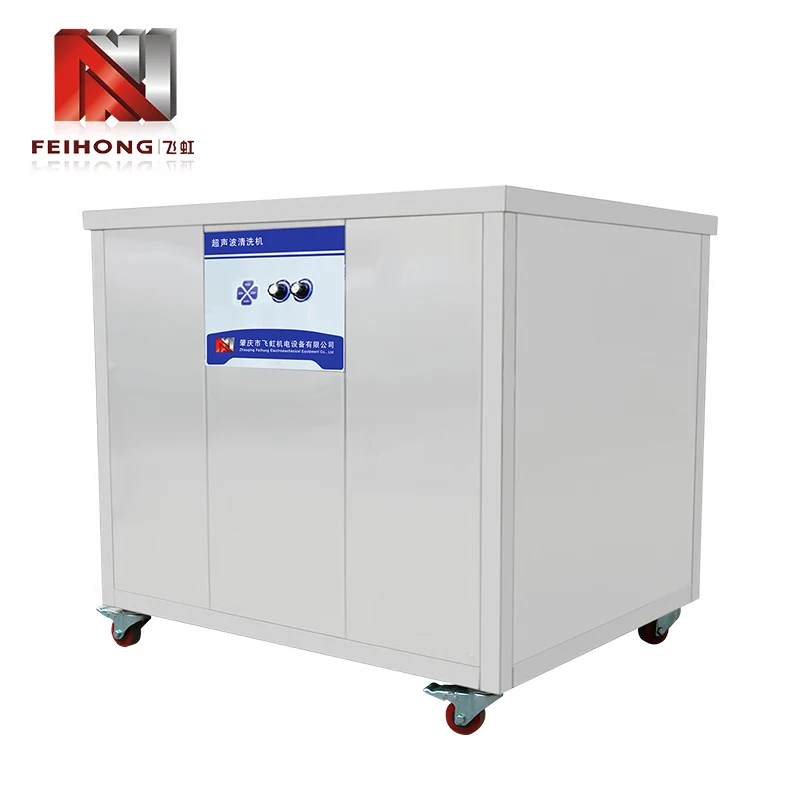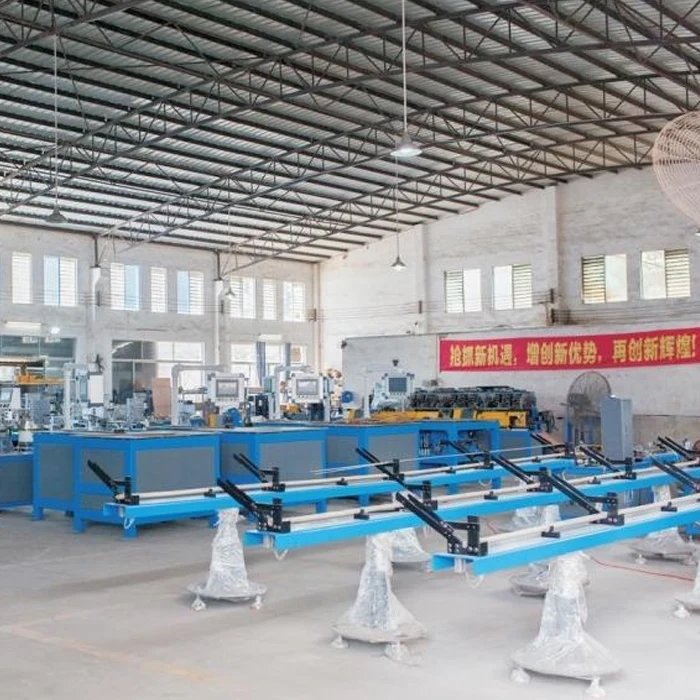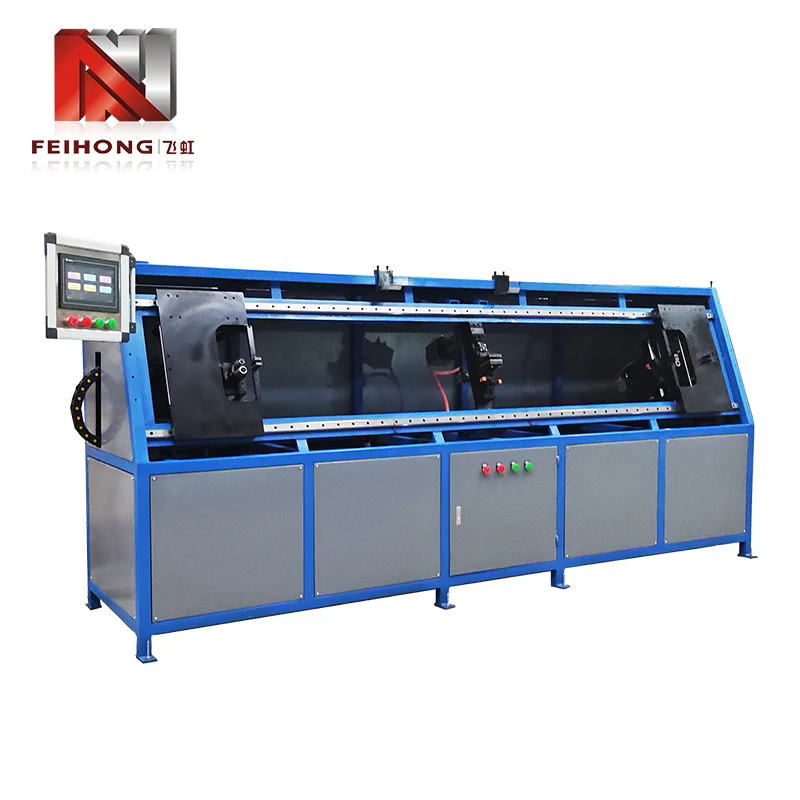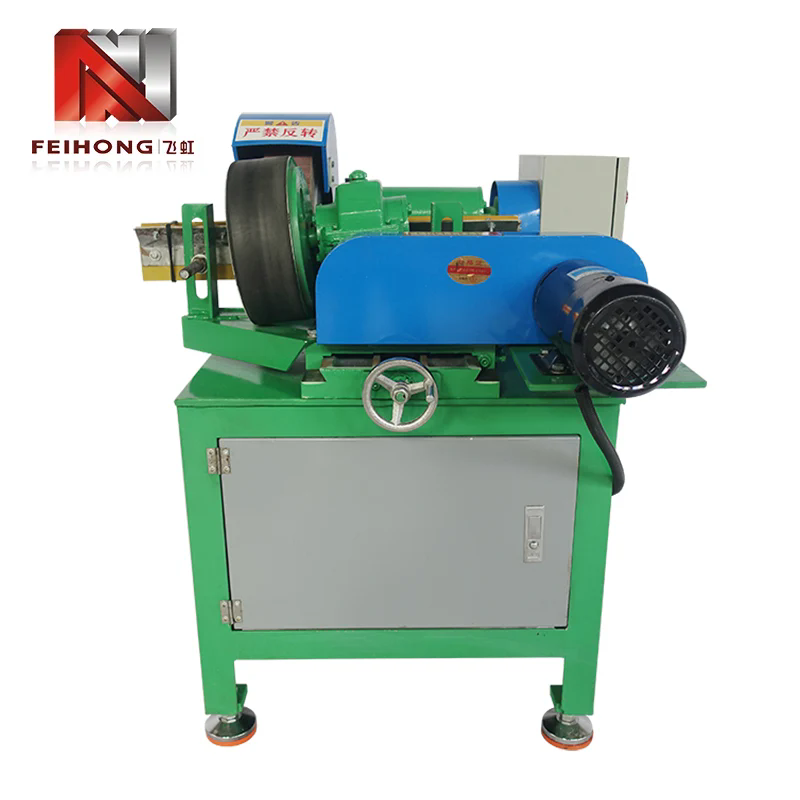- Home
- About Us
- Products
- Pipe Straightening Machine
- Wire Winding Machine
- Pipe Benders
- Pipe Feeder
- Pipe Polisher Machine
- Drain Machine
- Cap Threader
- Pipe Filling Machine
- Roller Hammer Shrinking Machine
- Pipe Shrinker Machine
- Tube Shrinking Machine Assembly
- Tube Automatic Feeding Machine
- Tube Machine
- Powder Excavator
- Sheet Winder
- Annealing Equipment
- Spot Welder Automatic Rotary Welder
- Ultrasonic Cleaning Equipment
- News
- Download
- Send Inquiry
- Contact Us
Language
Language
- English
- Español
- Português
- русский
- Français
- 日本語
- Deutsch
- tiếng Việt
- Italiano
- Nederlands
- ภาษาไทย
- Polski
- 한국어
- Svenska
- magyar
- Malay
- বাংলা ভাষার
- Dansk
- Suomi
- हिन्दी
- Pilipino
- Türkçe
- Gaeilge
- العربية
- Indonesia
- Norsk
- تمل
- český
- ελληνικά
- український
- Javanese
- فارسی
- தமிழ்
- తెలుగు
- नेपाली
- Burmese
- български
- ລາວ
- Latine
- Қазақша
- Euskal
- Azərbaycan
- Slovenský jazyk
- Македонски
- Lietuvos
- Eesti Keel
- Română
- Slovenski
- मराठी
- Srpski језик


